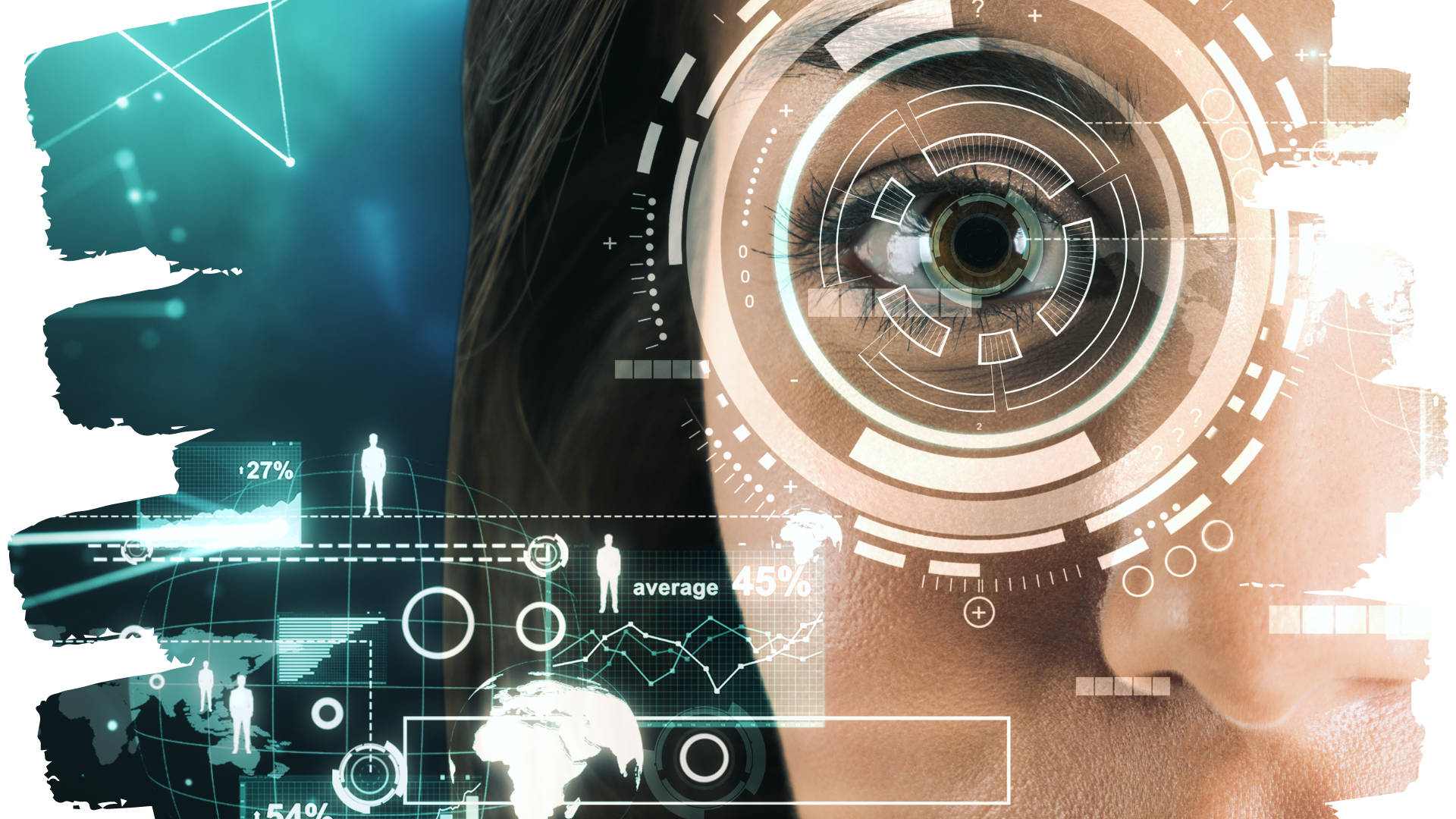Face and Emotion Recognition Technologies

Face and Emotion Recognition Technologies
Course Description
This course’s main goal is to critically evaluate how future public and private life will be affected by AI-driven technology that can authenticate and confirm people’s identities and emotional states.
You will learn about the dangers of applying such technologies in surveillance but also discover approaches to how these technologies in principle can be applied in a way that respects people’s privacy, doesn’t feed into social biases and doesn’t take advantage of weaker individuals or groups.
The expert contributions in this course come from the United Kingdom – academia, industry, interest organisations or campaign bodies, and the debates of the All-Party Parliamentary Group on Artificial Intelligence (APPG AI) of the UK Parliament.
Learning Outcomes
After completing this course, the learner should be able to
- Describe the ways that face recognition and affect recognition technologies are employed in modern society to monitor people and/or to safeguard their safety.
- Provide instances of how face recognition and affect recognition technologies are influencing changes to the criminal and law enforcement systems, as well as how they are (or may be) used in future workplaces and commercial contexts.
- Critically examine the rules, best practices and institutions required to ensure the safe governance of data gathering through these technologies, alongside the ethical, transparent, and safe operation of AI-driven face and affect recognition technology.
This course is also part of a bundle, take it and learn more
£80.00






